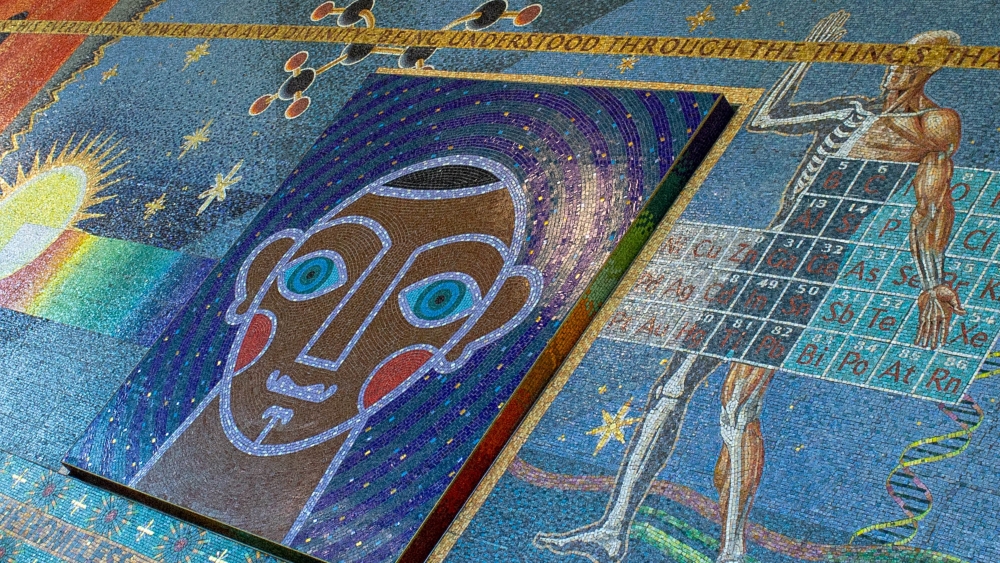AFTER HOURS: IN-SITU EDUCATION WITH POSITIVE IMPACT
Nature and scope of the project
The Critical Care Outreach Team (CCOT) was developed to support acute care nurses in identification of patient deterioration to maximize rapid response team (RRT) utilization and prevent out-of-ICU cardiac arrests. At a large academic center, the CCOT identified an opportunity to increase accessible education for medical-surgical nurses. The purpose of this project was to provide short, educational in-services regarding patient deterioration to nurses working after hours.
Synthesis and analysis of supporting literature
Early identification and treatment of deterioration reduces unplanned ICU readmissions and out-of-ICU cardiac arrests, decreasing length of stay and mortality. In the wake of Covid-19, nurse turnover has created a knowledge gap in identifying patient decompensation and implementation of timely interventions. Night shift nurses have also reported suboptimal learning opportunities due to reduced education access in comparison to their day shift counterparts.
Project implementation
Weekly 10-minute in-services, facilitated by CCOT on nights and weekends to offer education on topics including sepsis, respiratory compromise, arrhythmias, and code blue scenarios.
Evaluation criteria
Nurses completed a short pre- and post-test during the sessions. The questions are specific to the topic presented.
Outcomes
A total of 214 medical-surgical nurses attended the in-services, the majority of which were new graduates. Post-test scores were significantly higher than the pre-test scores (Pre-test n=97/214, 45.3%; Post-test n=193/201, 96.0%).
Recommendations
Short, in-situ education proved to have a positive impact on identification and treatment of clinically deteriorating patients. More educational opportunities are needed for off-shift staff and leveraging the clinical expertise of CCOT or rapid response teams can assist in bridging the gap.
AFTER HOURS: IN-SITU EDUCATION WITH POSITIVE IMPACT


